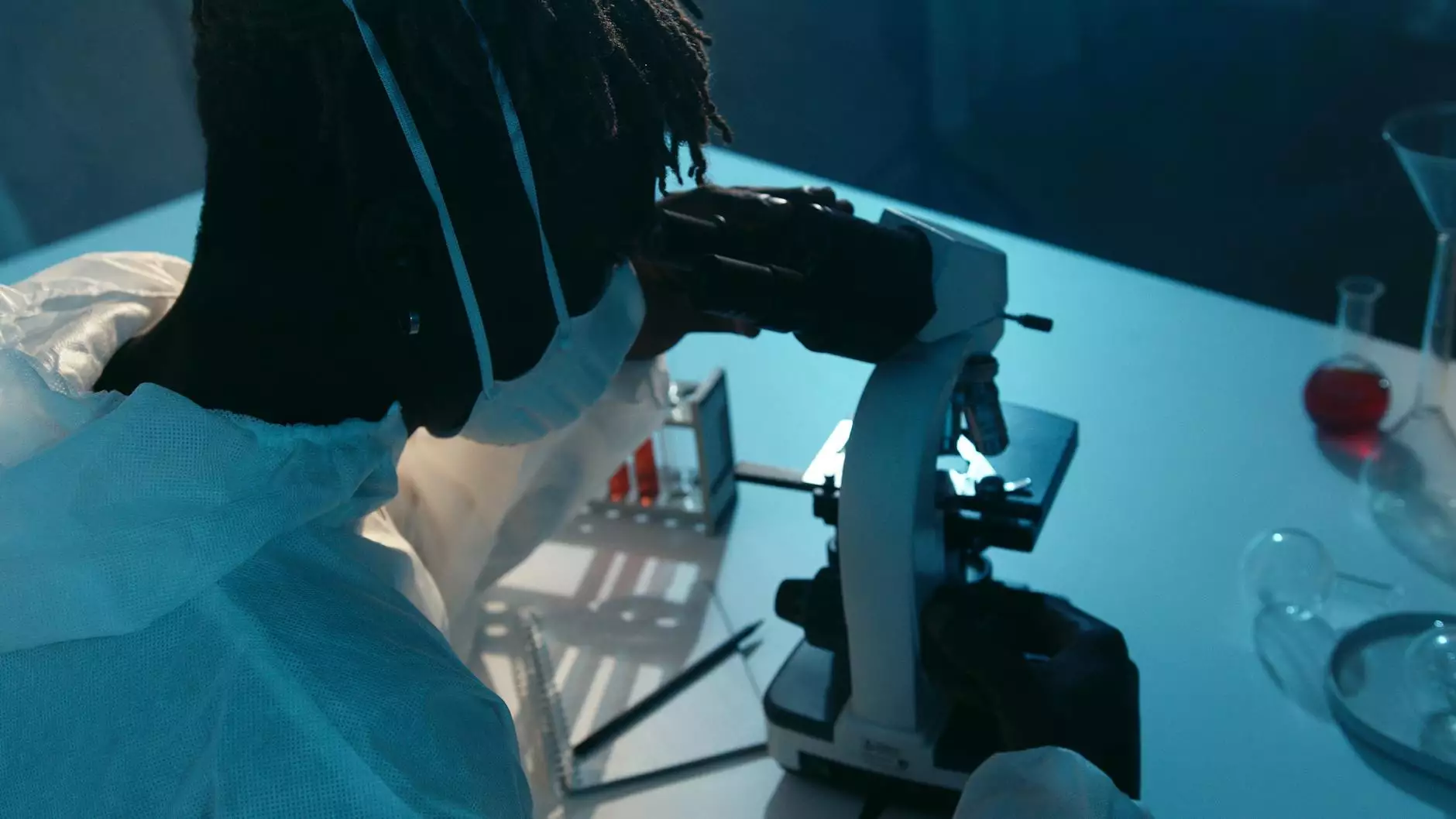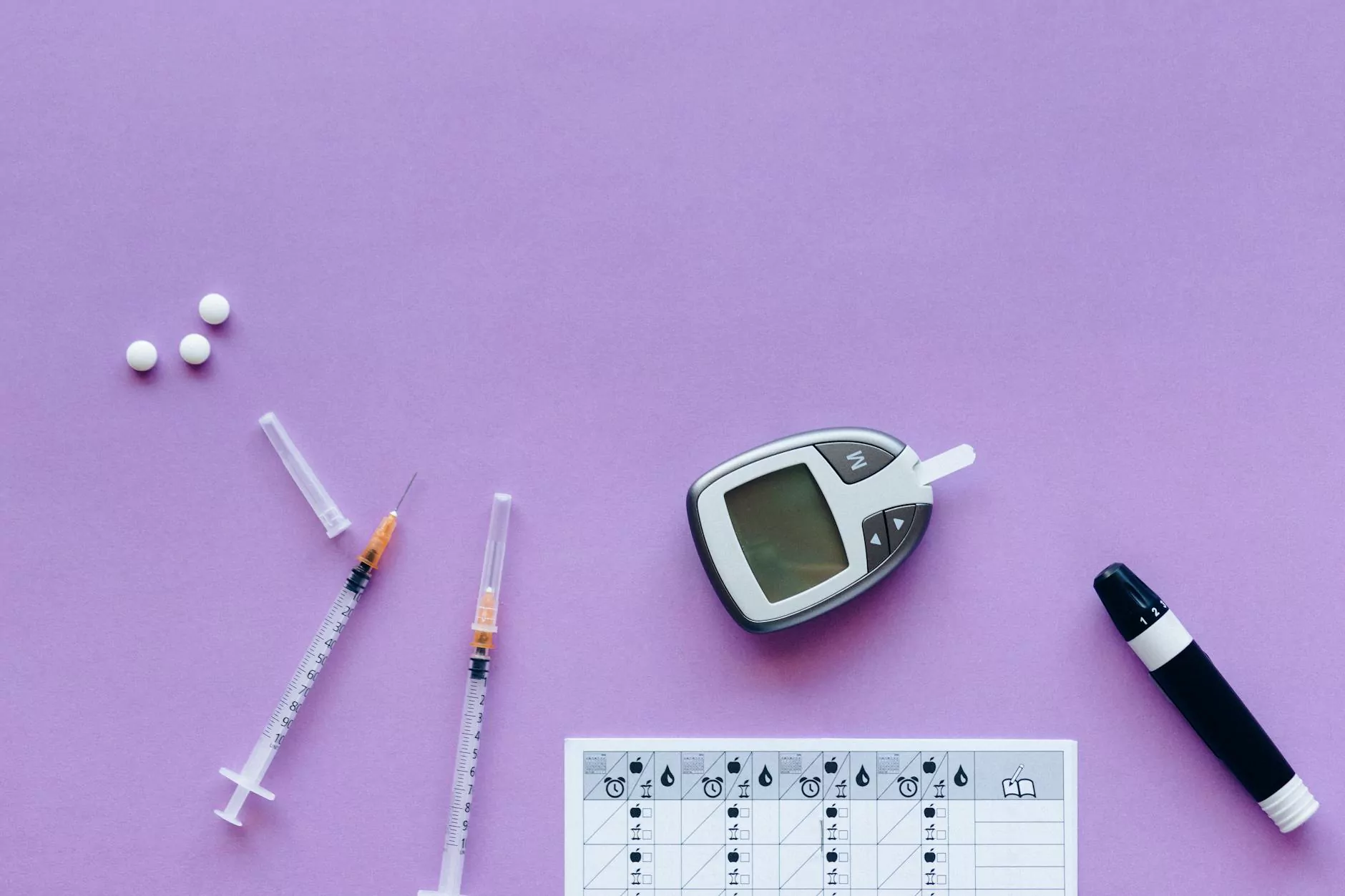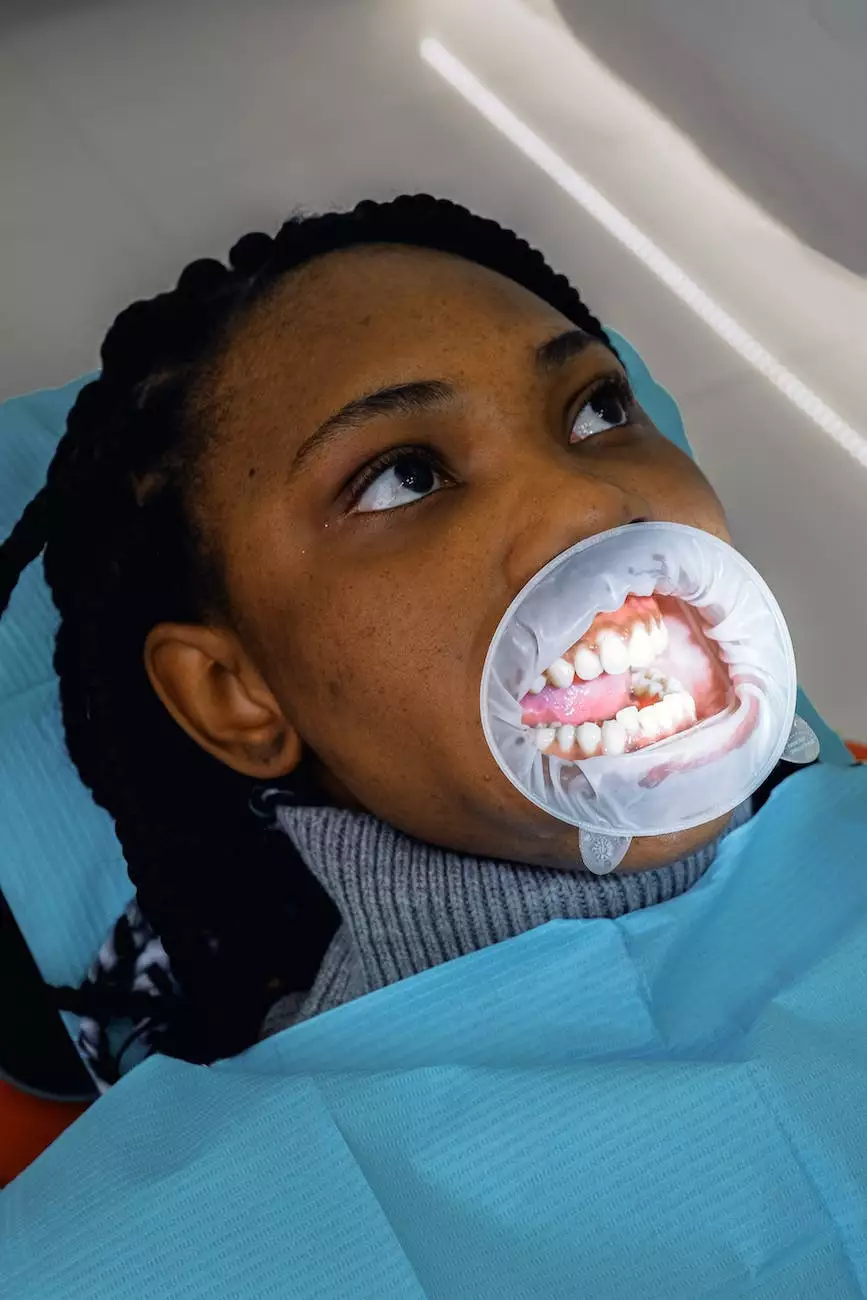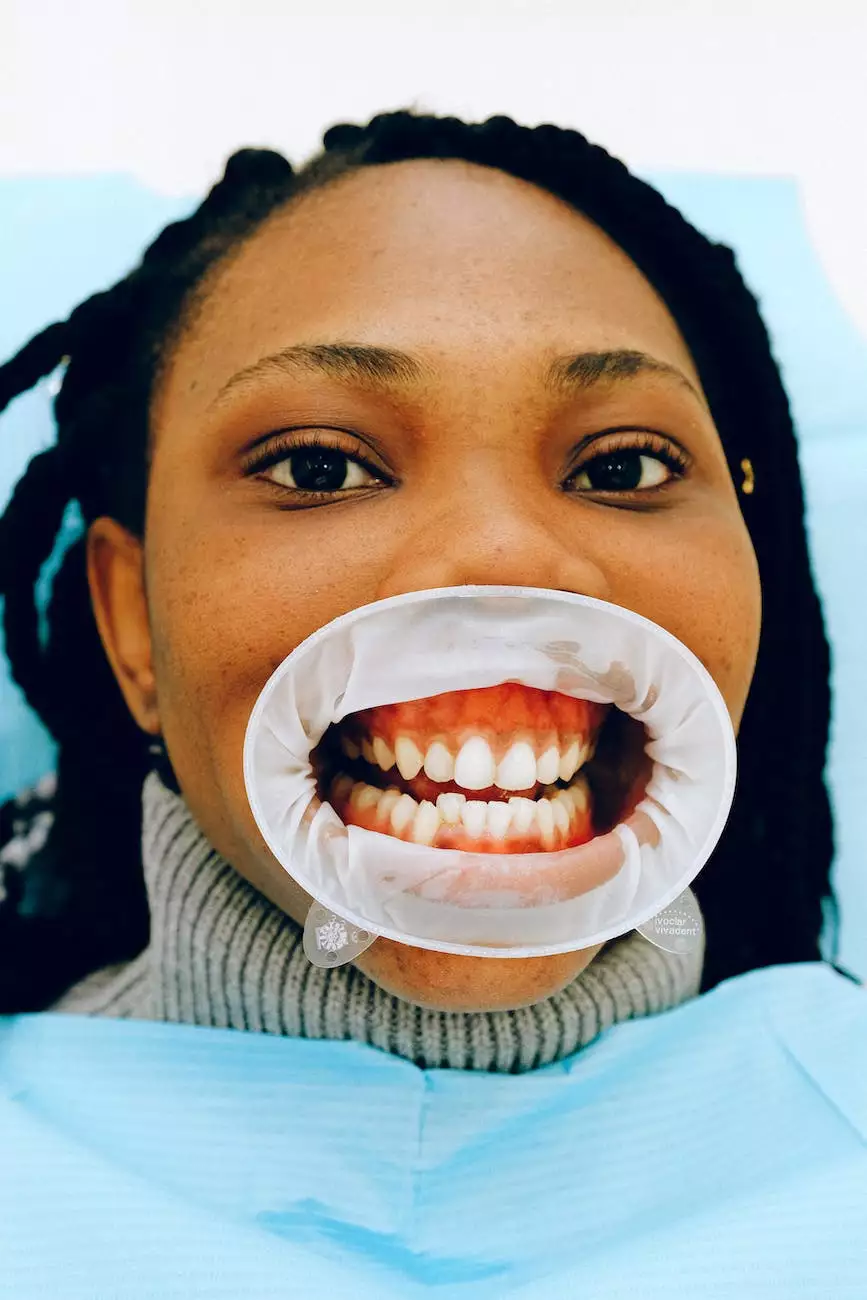Low T FAQ: Is Testosterone The Reason I am Balding?
Resources
Introduction
Welcome to CHI St. Luke’s Health - Performance Medicine, where we provide comprehensive health solutions in the field of men's health. In this article, we will address one of the frequently asked questions about testosterone and its connection to balding. If you're concerned about hair loss and its possible relationship to low testosterone levels, you're in the right place.
Understanding Balding
Balding, also known as hair loss or androgenic alopecia, is a common condition that affects both men and women. While there can be various causes of hair loss, one potential factor that often comes to mind is testosterone. Testosterone is a hormone responsible for various male characteristics, including the growth and development of hair.
How Testosterone Affects Hair Growth
Contrary to popular belief, testosterone itself does not directly cause hair loss. The primary culprit behind male pattern baldness is a hormone called dihydrotestosterone (DHT), which is derived from testosterone. DHT binds to hair follicles, causing them to shrink and eventually stop producing hair.
Understanding Testosterone Levels
Testosterone levels naturally decline with age, and this decline can sometimes contribute to hair loss. However, it's important to note that low testosterone levels alone are not always the sole cause of balding. Other factors, such as genetics, hormonal imbalances, and lifestyle choices, can also play a significant role.
Seeking Professional Guidance
If you suspect that low testosterone levels are contributing to your hair loss, it is crucial to consult with a qualified healthcare professional. At CHI St. Luke’s Health - Performance Medicine, we specialize in men's health and can provide you with personalized solutions tailored to your specific needs.
The Connection Between Low Testosterone and Balding
While low testosterone levels alone may not directly cause balding, they can contribute to the progression of hair loss in individuals who are genetically predisposed. If you have a family history of male pattern baldness and are experiencing low testosterone symptoms, such as fatigue, decreased libido, or mood changes, it may be worth exploring the potential connection between low testosterone and balding.
Treatment Options
At CHI St. Luke’s Health - Performance Medicine, we offer a range of treatments to address low testosterone and its potential impact on hair loss. Our experienced medical professionals can evaluate your hormone levels, conduct thorough assessments, and create a personalized treatment plan to address your specific needs.
Hormone Replacement Therapy
Hormone replacement therapy (HRT) is one effective treatment option for individuals with low testosterone levels. HRT aims to restore testosterone levels to a healthy range and may help slow down the progression of hair loss.
Other Treatment Approaches
In addition to HRT, other treatment approaches may include lifestyle modifications, dietary changes, and the use of FDA-approved medications. Our knowledgeable team will guide you through the available options and help you make informed decisions regarding your treatment.
Conclusion
While testosterone levels can play a role in hair loss, it is essential to consider multiple factors and seek professional guidance to determine the underlying cause. At CHI St. Luke’s Health - Performance Medicine, we are here to support you on your journey to optimal health and provide the necessary resources to address your concerns. Don't let hair loss negatively impact your self-esteem and quality of life – reach out to us today to schedule a consultation and take control of your health.










